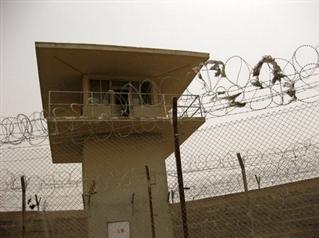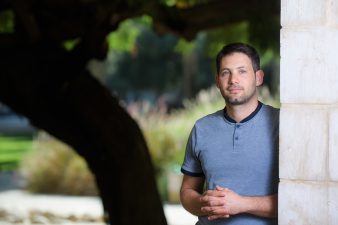 $5 Billion couldn’t put their country back together; will Iraqis be able to pick up the pieces?
$5 Billion couldn’t put their country back together; will Iraqis be able to pick up the pieces?
What is more wasteful than war? Bomb a place, destroy its infrastructure so that ordinary citizens lack basic services, topple a few monuments important to the national identity targeted, kill several thousand people, including approximately 100,000 civilians according to www.iraqbodycount.org, and then put it all back together again.
In a measure of apparent good will, the US committed to re-building Iraq during peak offensives, which was akin to rebuilding New Orleans while Katrina roared above the city. As a result, approximately $5 billion dollars lie in incomplete buildings that Iraq will have to pick up. On the one hand, Iraqis will have a stake in rebuilding their nation, but on the other, America’s mentality that money can solve all problems has left behind expensive environmental and psychological scars that may not heal quickly.
Some success
Michael Moore posted an Associated Press article on his website that describes a cacophony of poor decision-making and a desert full of wasted bricks. Kim Gamel, with help from Sameer N. Yacoub, is careful to draw attention to successful projects that deserve mention:
“Hundreds of police stations, border forts and government buildings have been built, Iraqi security forces have improved after years of training, and a deep water port at the southern oil hub of Umm Qasr has been restored,” according to Gamel.
According to Col. Jon Christensen, the commander of the U.S. Army Corps of Engineers Gulf Region District, 4,800 projects were completed, 233 are pending, and roughly 595 were abandoned altogether, “mostly for security reasons.”
One terminated project, which Gamel calls one of the “most egregious examples of waste,” is a prison built in the desert north of Baghdad. Built to hold 3,600 inmates, it is surrounded by 24 guard towers and high concrete walls.
The Iraqis never agreed to the prison contract awarded to Parson corporation, who were faulted for delays despite an ongoing struggle between Sunni and Shiite extremists in the region. They were pulled off the project in June, 2006, after which three more contractors took over. By 2007, it was clear that the project would never lift off.
“The inspector general (Stuart Bowen) recommended another use be found for the partially finished buildings inside the dusty compound. But three years later, piles of bricks and barbed wire lie around, and tumbleweed is growing in the caked sand,” according to Gamel.
The authors site several other examples of such waste:
Instead of building schools and other important infrastructure, the head of the Diyala provincial reconstruction and development committee Shaymaa Mohammed Amin says the U.S. military built a date honey factor. And one clinic was handed over without a staircase.
“The area of waste I’m most concerned about in the entire program is the waste that might occur after completed projects are handed over to the Iraqis,” Bowen said.
A $5.7 million convention center inside the Baghdad International Airport – which was supposed to draw foreign investors – hosted only a couple of events, including an energy conference that was said to generate $1 million in revenue. However, it’s not connected to the power supply and was handed over to the Iraqi government despite still requiring work.
“The buildings have since fallen into disrepair, and dozens of boxes of fluorescent light bulbs and other equipment disappeared from the site. Light poles outside have toppled over and the glass facade is missing from large sections of the abandoned buildings,” says Galen.
Three months after four American contractors’ burned, mutilated bodies were hung from a bridge in Fallujah, the U.S. awarded FluorAMEC of Greenville, S.C. a contract to build a new waste water treatment system.
Galen writes that “An audit concluded that it was unrealistic for the U.S. to believe FluorAMEC could even begin construction, let alone complete the project, while fierce fighting occurred daily.”
The system is nearly complete, according to Galen, but cost nearly three times as much as the original agreement, serves only one third of Fallujah’s population, and has yet to connect the residential tanks to the treatment plant.
Bad memories
“It isn’t appropriate for the Americans to give the city these services without completing these minor details,” Fallujah’s municipal council Sheik Hameed Ahmed HashimHashim told Galen.
“We were able to wipe out part of the memories of the Fallujah battles through this and other projects. … If they leave the project as it is, I think their reputation will be damaged.”
Whether the Americans ever had a reputation to protect, at least in Iraq, is questionable, but we certainly hope that the Iraqis will find a way to make the most of what the U.S. has left behind.
:: top image via The U.S. Army and story via Michael Moore
More news from Iraq:






…when will they ever learn?